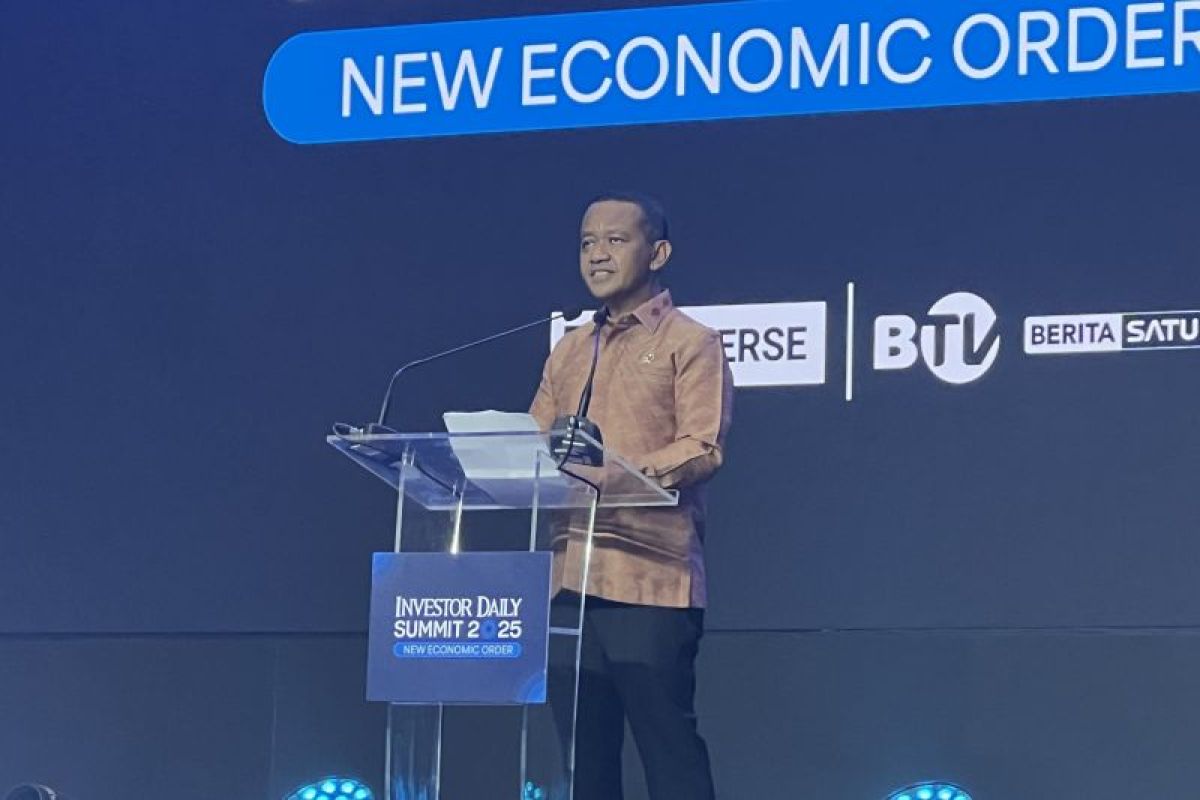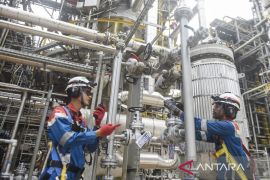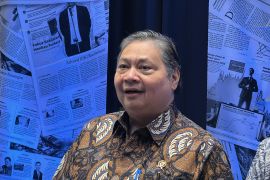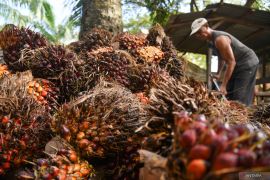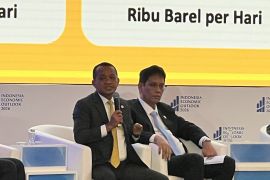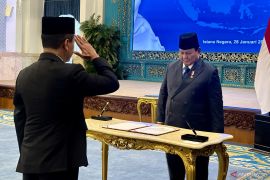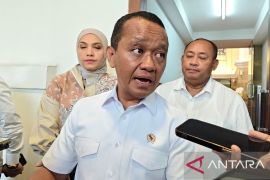“If the decision for B50 is in place, God willing, we will no longer need to import diesel by 2026,” Lahadalia told reporters in Jakarta.
B50 is a renewable diesel blend consisting of 50 percent crude palm oil (CPO) and 50 percent conventional fossil diesel. The government is currently conducting the final phase of road testing the B50 blend across various vehicles and equipment.
The testing period is expected to take around six to eight months and includes trials on ship engines, trains, heavy equipment, and other machinery.
“Once the tests are completed and clear, we will decide to implement B50,” Lahadalia said.
According to the Ministry’s official roadmap, mandatory use of B50 is expected to begin in the second half of 2026, as trials require up to eight months to ensure safety and efficiency.
To meet the increased demand for palm oil, Lahadalia noted three possible measures: land intensification, land expansion, and reducing CPO exports.
Coordinating Minister for Economic Affairs Airlangga Hartarto added that the government would soon schedule a national working meeting between the Steering Committee and the Palm Oil Plantation Fund Management Agency (BPDPKS), as implementing B50 requires an adequate supply of CPO.
The B50 mandate is projected to require around 19 million kiloliters (KL) of FAME (Fatty Acid Methyl Ester), a bio-component derived from CPO. Current FAME production is estimated to reach 15.6 million KL by 2025.
Indonesia has already implemented the B40 mandate. As of September, B40 implementation had reached 10 million KL, or 64.7 percent of the 15.6 million KL target. The use of B40 in 2025 is projected to save the country approximately US$9.3 billion in foreign exchange.
Related news: President Prabowo approves E10 fuel policy to cut imports, emissions
Related news: Indonesia seeks stronger bioenergy partnership with Brazil
Translator: Putu Indah, Kuntum Khaira
Editor: M Razi Rahman
Copyright © ANTARA 2025
